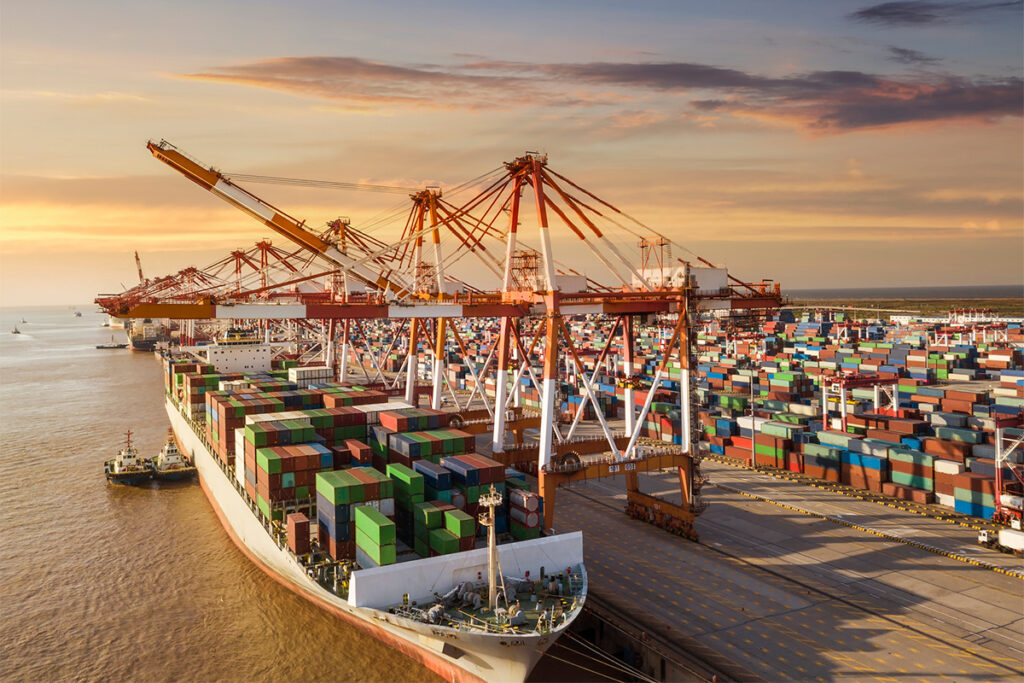Global Reach, Local Expertise – Expanding Horizons with Effective Logistic Services
In today’s interconnected world, businesses are constantly seeking opportunities to expand their horizons and tap into new markets. However, the success of such endeavors relies heavily on the efficient movement of goods and services across borders, which underscores the significance of effective logistic services. With the mantra of global reach, local expertise, businesses can navigate the complexities of international trade, ensuring seamless operations and enhanced customer satisfaction. Globalization has opened up avenues for businesses to transcend geographical boundaries, enabling them to access a wider customer base. However, this expansion brings forth a unique set of challenges, primarily centered around logistics. The movement of goods across diverse regions demands a keen understanding of local regulations, customs procedures, and transportation networks. It encapsulates the idea that while businesses strive for global presence, they must also rely on local knowledge and partnerships to navigate the intricacies of each market. Sustainability is a global concern, and various regions have distinct environmental regulations and practices.

Effective logistic services bridge the gap between global aspirations and local intricacies. A seamless supply chain is essential to meet customer demands efficiently and maintain a competitive edge. By collaborating with local logistic partners who possess an in-depth understanding of the region’s nuances, businesses can ensure timely deliveries, minimize delays, and avoid potential pitfalls. One of the key advantages of leveraging local expertise is the ability to navigate regulatory frameworks seamlessly. Every country has its own set of import and export regulations, taxes, and tariffs. Failing to comply with these regulations can result in delays, fines, and reputational damage. Local logistic partners, well-versed in these regulations, can guide businesses through the paperwork, ensuring that goods move swiftly across borders while staying compliant. Furthermore, transportation networks vary widely from one region to another. From well-developed highways in some areas to intricate networks of ports, railways, and airfreight facilities in others, the infrastructure can significantly impact the movement of goods. Local logistic partners can help businesses choose the most efficient and cost-effective transportation modes, optimizing the supply chain and reducing operational costs.
In addition to infrastructure and regulations, cultural differences can also influence business operations. The preferences and expectations of customers can vary drastically across cultures, impacting product packaging, labeling, and even marketing strategies. The rekomendasi ekspedisi Jakarta Semarang terpercaya can provide valuable insights into these cultural nuances, helping businesses tailor their approach to resonate with local audiences. Collaborating with local experts also contributes to sustainability efforts. By working with logistic partners who understand the local environmental landscape, businesses can adopt eco-friendly practices that align with regional standards. In an increasingly interconnected world, success hinges on the ability to seamlessly navigate the complexities of global trade. By embracing local knowledge, businesses can streamline their supply chains, ensure regulatory compliance, optimize transportation routes, and resonate with diverse audiences. This approach not only enhances operational efficiency but also strengthens customer relationships and contributes to sustainable business practices. As businesses continue to explore new markets and opportunities, the integration of global aspirations with local expertise will remain a pivotal factor in achieving success on the global stage.